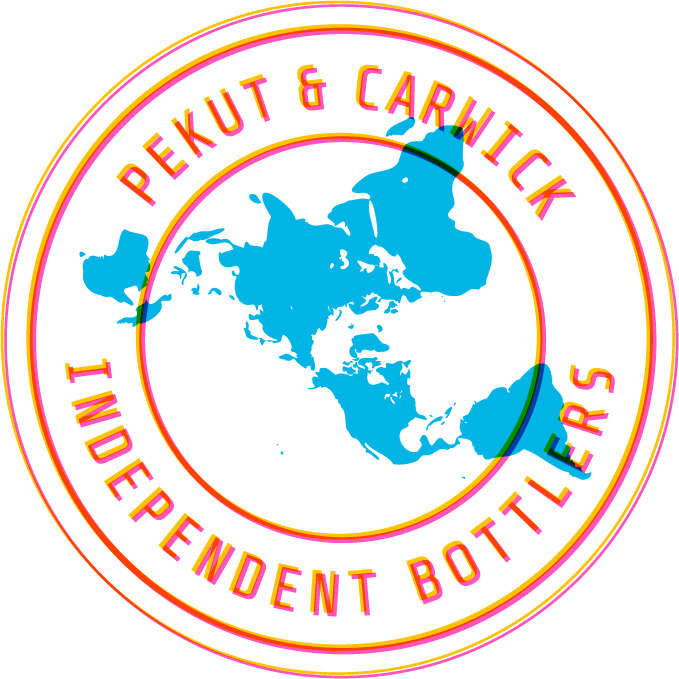Global value chain of rum

Ever heard of a GVC?
According to Stefano Ponte, author of Business Power & Sustainability, a Global Value Chain is "the full range of activities that firms, farmers, and workers carry out to bring a product or service from its conception to its end use".
Whether you've heard of them or not, you're standing smack in the middle of a massive web of GVCs.
That Bulk Rum you bought from us left Guyana, touched down in Berkeley, St. Louis, Amsterdam, Georgetown, and who knows where else before it got to you. The molasses commodity market that provided the raw materials for your rum is about as transparent as—well, as molasses.
Rum GVCs are intimately connected at their source to sugar GVCs and eating gobs of sugar is something we Americans excel at. In 2015, Euromonitor awarded us the dubious honor of eating more sugar than any other country—averaging around 100 pounds of sugar per person annually (that's more per capita sugar consumed than pork, beef, or chicken!).
As you might expect, our consumer addiction to sugar (and in a smaller way, rum) drives GVCs that aren't usually equitable or sustainable. Ponte explains that this strange, tangled bucket brigade of, "firms, farmers, and workers" doesn't spontaneously give everyone a fair shake.
There's usually one boss GVC player who gets to call the shots
Calling the shots is called "governance," and the boss player is a "lead firm." This is almost always the company that brands, markets, and sells the product to the consumer. While Pekut and Carwick is laughably insignificant to the GVCs that bring you sugar and rum, just for the sake of argument, let's say we're the lead firm for that tenuous little GVC that carried your bottle of Bulk Rum.
There are some lead firms in the spirits industry who make rum from US-grown sugar cane and depend on domestic regulations to make sure value is assigned more equitably along the GVC. Some rum makers source imported molasses from rare, single-origin producers with good labor practices. On a much larger scale, the Nordic alcohol monopolies contract with nonprofits to acknowledge (and possibly address) human rights violations in their own supply streams.
As a lead firm, how should WE call the shots?
Again, our global footprint is laughably small. But our platform is big and so is our ambition!
First step: make a lot of noise with our unconventional branding (who ever heard of calling their bulk rum "BULK RUM?!") and get some conversations going.
Next: look for producers and shippers motivated to be part of our GVC in new and different ways—ways that not only highlight equitable and sustainable governance goals along the GVC, but that effectively leverage the premium retail margins in our California market to actually achieve those goals.
In other words, we care about this a lot, and we're working on it.

